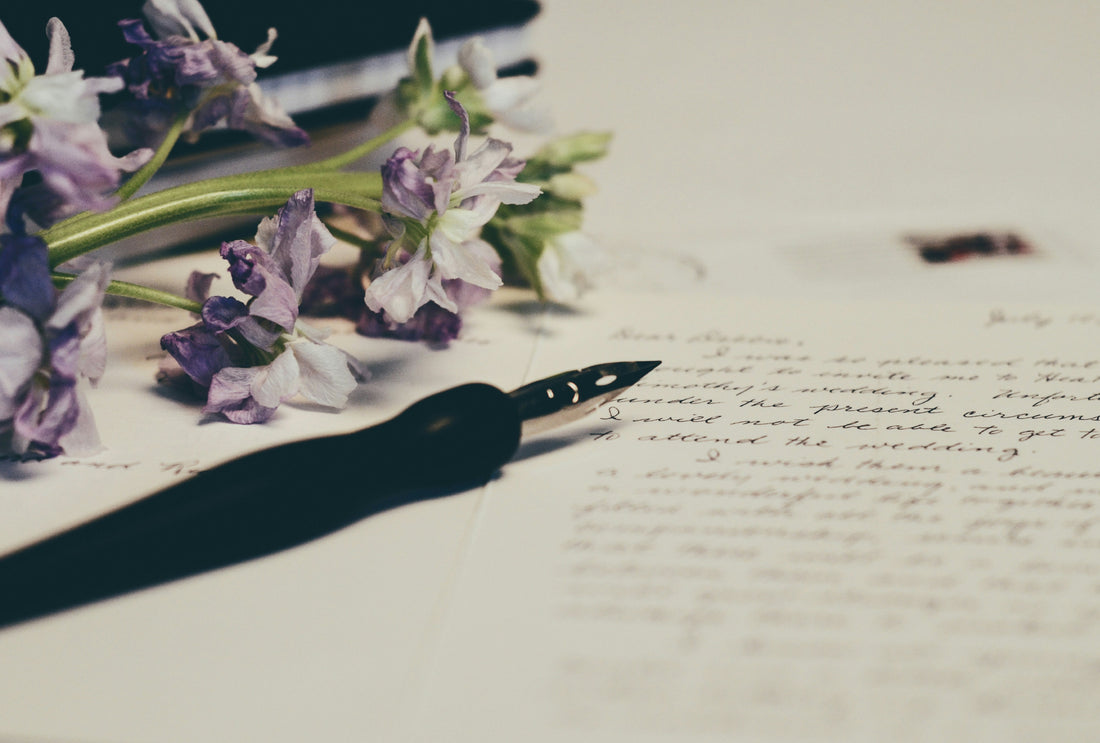
Journaling and Dream Interpretation
Share
Record dreams first thing after you wake up, and write the day’s (real) events every night before bed. Include dates and as much detail as possible, including how you felt throughout the day.
Dreaming is a unique and very personal experience, and the meanings hidden in our dreams are unique and relevant only to the dreamer. I believe our sharing of these very personal experiences will improve our existing repertoire of knowledge about dreams and dreaming.
There is much evidence to support the idea that journaling has a positive effect on physical as well as emotional well-being. The act of writing accesses your left brain, which is analytical and rational. While your left brain is occupied, your right brain is free to create, intuit, and feel.
In essence, writing removes mental blocks and allows you to use all of your brain power in order to better understand yourself, others, and the world around you. (From The Health Benefits of Journaling, by Maud Purcell, 2000) The result is a kind of double self-therapy.
For me, writing in my journal gave me instant release from the stress caused by the event I was recording and strengthened my dream recall.
Of course, it all depends on your level of recall. But if you are unable to remember any of your dreams, you still can benefit greatly from writing down your daily events.
The writing process in itself requires thinking and evaluation that, again, increases your level of awareness. As a result, you will silently communicate to yourself the problems that you are experiencing, the end result often being that you will feel better physically and mentally.
On that note, I hope this article will pique your interest on the subject of dreaming and help you discover yourself as you progress along on your journey of life.
Sally In Wonderland provides further insights to read more about how dream interpretation helped me break free Buy Now
